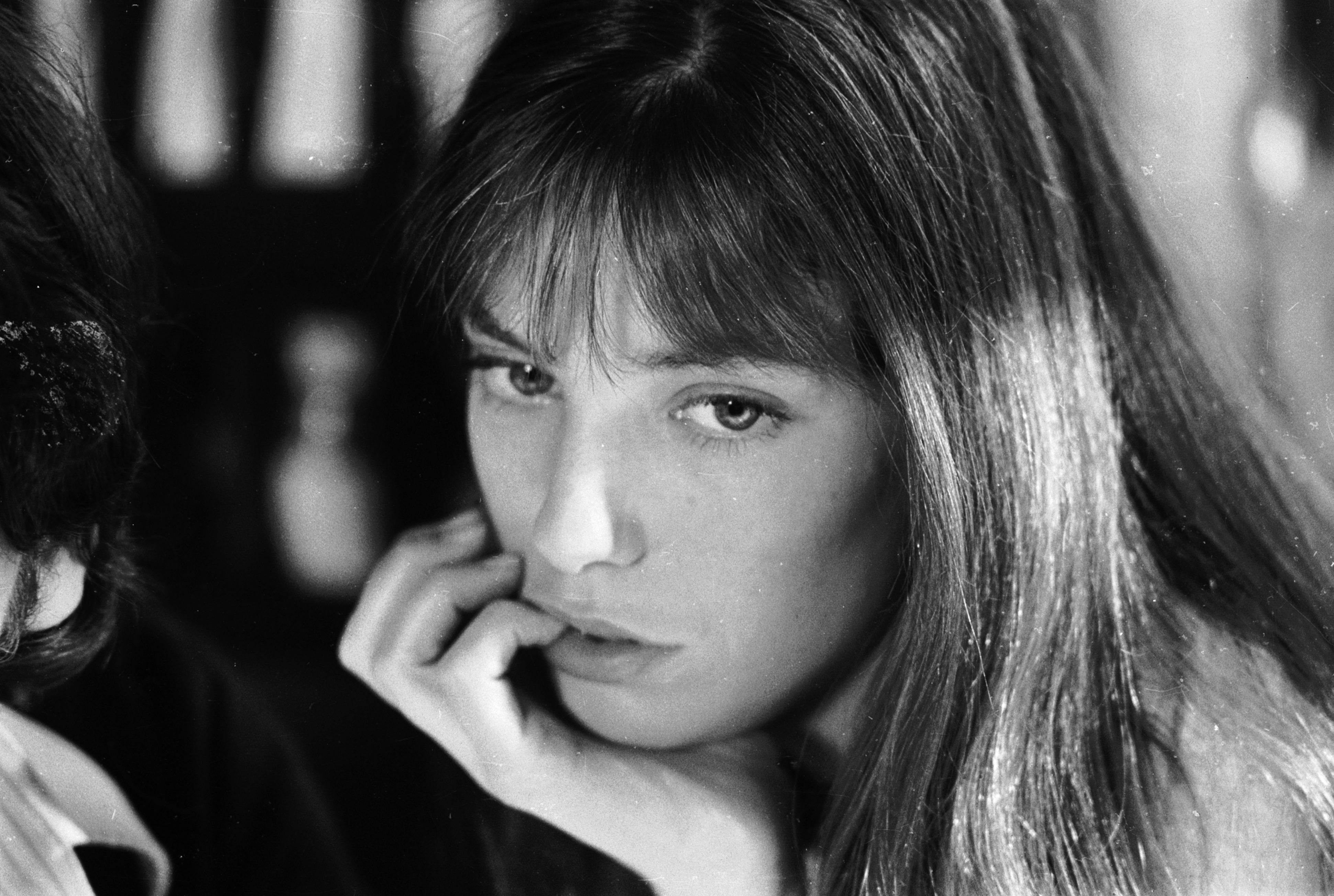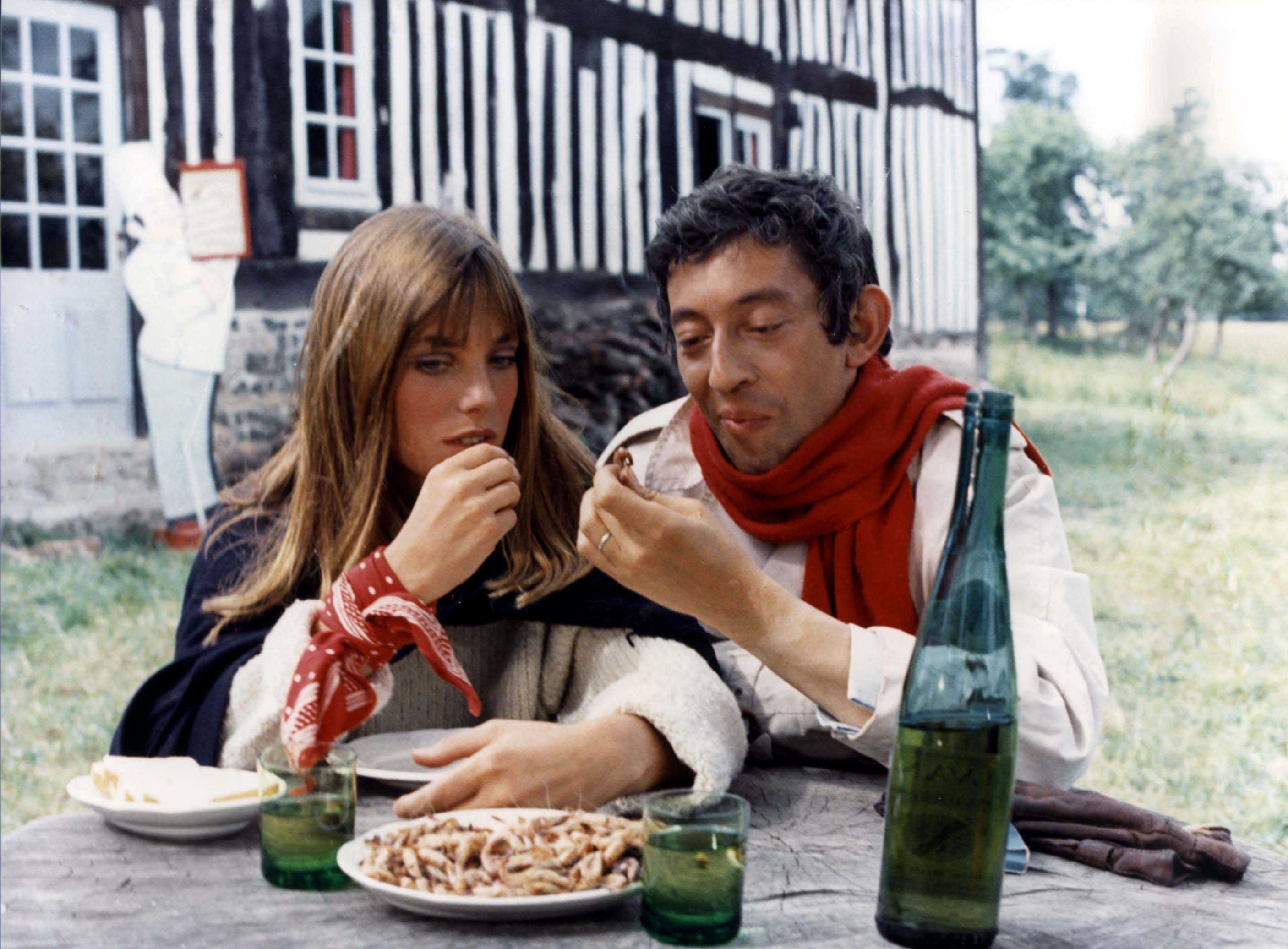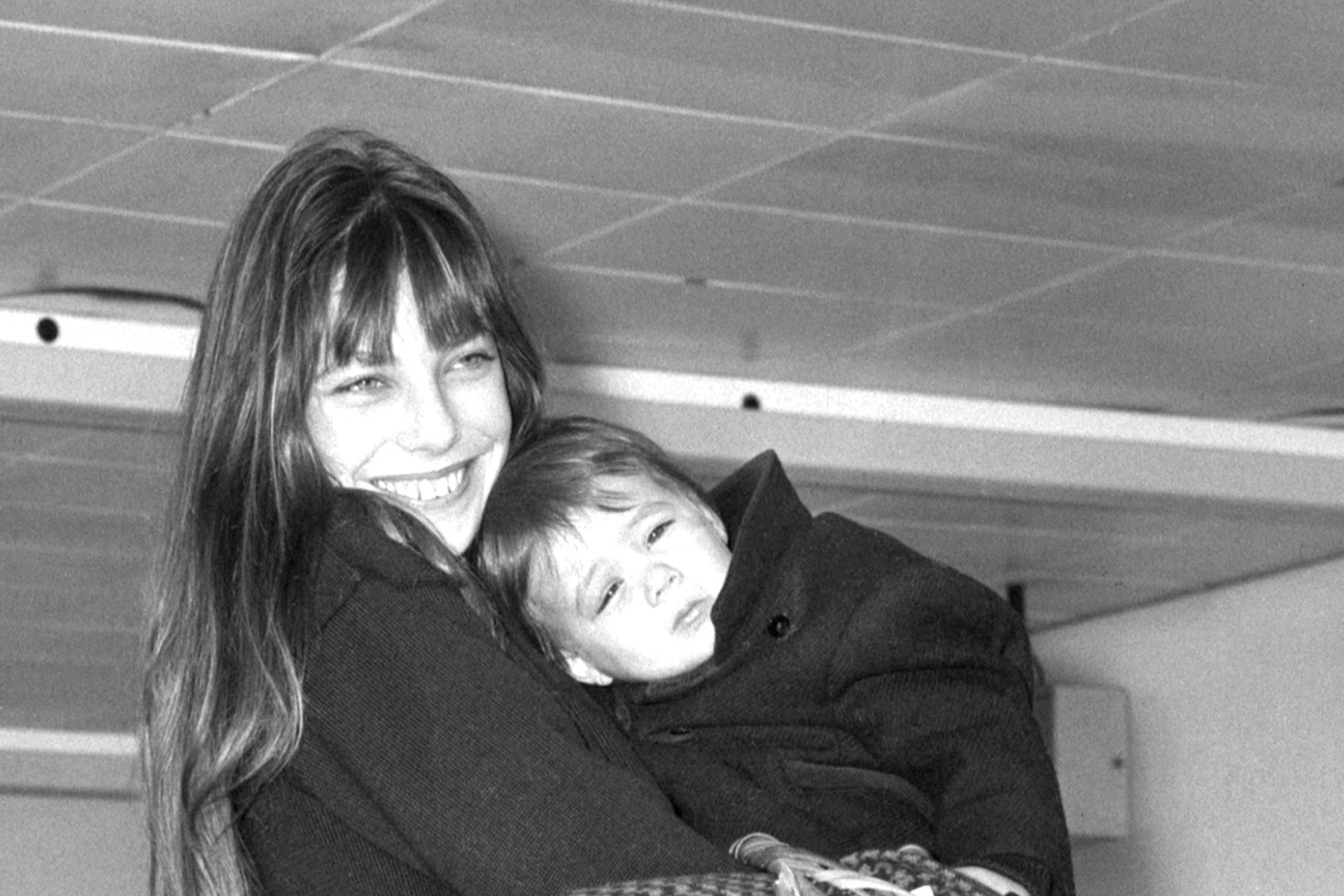Far from a passive muse, Jane Birkin was an icon not to be underestimated
Birkin was a singer, actor, mother and ahead-of the-curve feminist whose clever empathy sold Serge Gainsbourg’s difficult genius to the world. Helen Brown pays tribute


Broadcast news of Jane Birkin’s death inevitably came accompanied by clips of her as softcore chanteuse, singing the 1969 single she recorded with Serge Gainsbourg, “Je t’aime… moi non plus”, her breathy, girlish voice wrapping sweet, urgent nothings around an older lover’s weary cynicism.
Birkin would go on to sing scores of Gainsbourgs’s poetic, playful and provocative songs. Sing? She liked to say she “wore” them. To me, she sounded more like she was smoking them. Inhaling his darker thoughts, holding them in, getting a little sad or high, then breathing them out somehow lighter, more evasive. Teasing both his need to shock and his audience’s need to be shocked.
At her final London show last year, she didn’t give us “Je t’aime” but its B Side, “Jane B”, on which Gainsbourg gave her licence to play with his typecasting of her as a 2D muse. He listed her vital statistics à la CSI: “Yeux bleus/ Cheveux châtains/ Jane B/ Anglaise/ De sexe féminin/ Âge entre 20 et 21…” The song implied she was already dead, a pretty corpse “sleeping” by the side of the road. But, of course, Birkin would outlive her lover by three decades and carry his legacy – with a pallbearer’s tender stoicism – for the rest of her life.
Because – although some critics dismiss her as the original, 1960s edition of the manic pixie dream girl – Birkin was no passive muse. The fashionista fantasy of her was at sharp odds with the earthy woman I interviewed twice in the final decades of her life.
I last spoke to Birkin on the phone in 2021 and her crisp, Mary Poppins accent still took me by surprise. L’amour? Spit Spot! She’d been out in her men’s corduroy trousers (no Birkin or basket bag, key on a ribbon around her neck) walking by the Brittany coast near her home, she told me. She was about to make a hearty hotpot and was looking forward to watching it “bubble down all warm and red on the stove”. She lived alone with her latest bulldog and seemed quite content with the situation.
Birkin is a reminder that the gauziest-seeming human might have sinew they don’t show. And the woman whose 1969 vocals are often used as a shorthand for physical affection grew up experiencing very little of it. Born in 1946, Jane Birkin is the daughter of (once famous) actor Judy Campbell and ex-spy David Birkin.
In 2021 she told me, entirely without self-pity, that her mother “wasn’t one for newborn babies – milk and nappies and all that. I think they were with a lot of nannies who made my parents feel uncomfortable and made my mother feel inadequate. You have to give people confidence that they’re doing it right. You tell people they’re getting it wrong and they’ll step back.” I asked if that meant that she spent more time on her. “No. Neither of them were like that, and that’s all right. There’s nothing worse than making people do things when they feel uncomfortable.”
You can see photographs of Birkin’s parents in her memoir, The Munkey Diaries, and they’re impossibly stylish and gender conforming. David in an eyepatch and Judy in a chic pillbox hat. They were so glamorous… I felt diluted,” she told me. At boarding school she was bullied – like so many future models – for her androgynous appearance. “I suffered a lot because of my physique,” she said, “especially at boarding school. The others said I was half boy, half girl. I had no breasts, not even a developing bosom. It was horrible.”
She fled from her perceived inadequacies into a “cold, unsuitable” marriage with film composer John Barry. He impregnated and belittled her. Expecting to make a parent of a woman he treated as a child. He stayed out late leaving her home alone. Birkin responded by putting her womanhood on celluloid. She was pilloried by the puritan press for flashing her pubic hair in the film Blow Up and fled to France where she met Serge, who was on the rebound from his affair with Brigitte Bardot (for whom Gainsbourg originally wrote and later – steamily – recorded) “Je t’aime”.
Birkin told me her father was a jealous man who supported her own acting ambitions but had suppressed those of her mother. “He thought everything I did with movies and songwriting was so funny and attractive. He came on location with me when I was filming Death on the Nile and thought it was a hoot. Mother was very stoic about it.” When I asked if her relationship with her father led to her romantic relationships with older men Birkin pushed back. She said she didn’t need to replace a man who was still alive [David died in 1991].

For all his flaws, Gainsbourg liberated Birkin. He helped her find her confidence. As a Jewish immigrant in a still-antisemitic France, he knew what it was to be an outsider – perhaps even a woman. He lobbed his grenades and knocked back his booze and (in the shadow of his extremes) he helped Birkin to shrug off social expectations and find herself.
She turned out to be a singer, an actor, a mother and an ahead-of-the-curve supporter of other women in the public eye. While younger generations are sold an idea of older women as catty and competitive (as fear forced them to be) you can always look to Birkin to prove that some women were just ALWAYS in the sisterhood. She’s on the record admiring the “fascinating” ageing faces of Joan Didion, Glenda Jackson and Helen Mirren. She adored her own three daughters by different fathers and her child with Serge – Charlotte Gainsbourg – made a film about her [Jane by Charlotte, 2021] which interrogated their relationship.
It was an oddly sexualised family dynamic. Gainsbourg famously went too far recording “Lemon Incest” with Charlotte. Birkin told me herself that she struggled with Charlotte’s adolescence and had powerful urges to see her daughter’s breasts. It sounds weird. But many parents do struggle with the sudden lack of access to maturing bodies they’ve adored and nurtured. I was slightly shocked when Birkin told me that, but now my own kids are through that stage I do understand the strange pain of losing that skin-to-skin connection. It’s what my kids would call “appropriate”, but it is also a grief.
Birkin’s directness in later life provides a cool balance to her malleability in youth. On her final album Oh! Pardon tu dormais… she confronted everything. Even the death – possibly by suicide – of her eldest daughter Kate Barry. Barry’s death is the subject of “Cigarettes”, which opens with the blunt line: “Ma fille s’est foutue en l’air” (“My daughter f***ed up,” according to Birkin’s own translation). Interviewers faffed about the idea of a women singing her way through her child’s violent death. Birkin pulled experience-rank. She pointed out that she’d seen her child’s body on a pavement and no moment would ever be worse than that. Singing about it was NOTHING.
She told the FT that her song had been influenced by a 1983 song of Gainsbourg’s, about the death of Marilyn Monroe, “Norma Jean Baker”. “He was so shocked by this photograph of her body in the morgue, which showed her feet sticking out, with a label around her ankle. He kept it framed in his house,” she said.

This sounds entirely like the Birkin I met. Up for new ideas but facing them with a stiff upper lip and perfect grammar. Kind and thoughtful. I last saw Birkin sing live in 2009. But friends went to her final London show in 2022. I was curious to see how she’d close the gig and was delighted to hear she’d gone for “Pourquoi”. It’s her own song. A typically witty, carefree shrug in the face of death. “Why am I always too late to tell you that I love you,“ would be my inadequate translation of the opening lines. It’s a song that survives the mockery and sarcasm of a lover (Gainsbourg was totally dismissive of Birkin when they first met, before stepping on her feet dancing) to triumph in the slow discovery of a true voice. And it’s a beauty.
Like Marianne Faithfull (Mick Jagger’s ex and the subject of a terrific, reputation-restoring biography Parachute Women this month) Birkin was for decades treated as the puppet of a talented man. She’d tell you that Gainsbourg was kind and funny and no cruel Jagger. I think she loved him to the end. But she’d also tell you not to underestimate her own talent. Because Birkin’s clever empathy sold Gainsbourg’s difficult genius to the world. Moi? I wish we could have encores, en plus.






Join our commenting forum
Join thought-provoking conversations, follow other Independent readers and see their replies
Comments